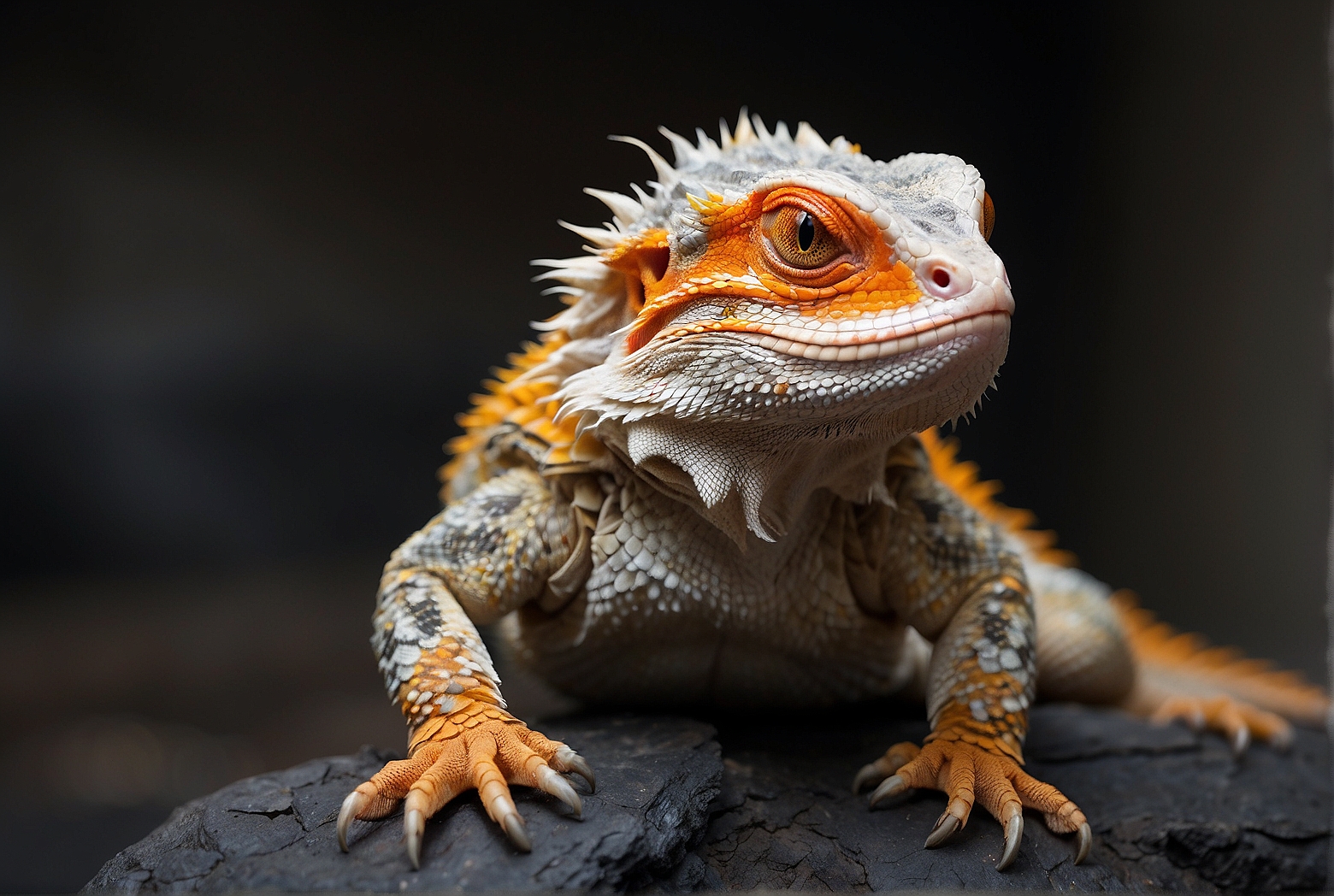So you’ve decided to bring a bearded dragon into your home and now you’re wondering, what is the age limit for these charming reptiles? Well, fret not, because we’ve got all the information you need right here. In this article, we’ll take a closer look at the age limit for bearded dragons, providing you with a clear understanding of how long you can expect to enjoy the company of one of these fascinating creatures. Whether you’re a seasoned reptile enthusiast or a curious first-time owner, get ready to discover the secrets behind the lifespan of these scaly companions.
Lifespan of Bearded Dragons
Bearded dragons, also known as “beardies,” are fascinating reptiles that make popular pets. Understanding their lifespan is essential for those considering adding one to their family. This article will provide a comprehensive overview of the average lifespan of bearded dragons and the various factors that can affect it. Additionally, it will delve into the different stages of their life and discuss the changes that take place during each phase.
Average Lifespan of Bearded Dragons
The average lifespan of bearded dragons ranges from 10 to 15 years, although with proper care and attention, some can live up to 20 years or more. Several factors contribute to their longevity, including genetics, diet, habitat conditions, and overall care. As reptiles, bearded dragons have slower metabolisms compared to warm-blooded animals, which often results in longer lifespans.
Factors Affecting Lifespan
-
Genetics: Just like any living organism, bearded dragons inherit certain traits from their parents that may influence their lifespan. Some individuals may be predisposed to certain health conditions, while others may have a more robust genetic makeup that makes them less susceptible to diseases.
-
Diet: A nutritious and well-balanced diet plays a crucial role in extending the lifespan of a bearded dragon. Their diet primarily consists of insects, leafy greens, and vegetables. Ensuring a varied diet with proper supplementation of calcium and vitamins is essential for their overall health and longevity.
-
Habitat Conditions: Creating a suitable environment for your bearded dragon is vital for their well-being and lifespan. Providing the appropriate temperature gradients, humidity levels, and a UVB light source is crucial. Inadequate housing conditions can lead to stress, respiratory issues, or metabolic bone disease, thus shortening their lifespan.
-
Veterinary Care: Regular visits to a qualified reptile veterinarian can make a significant difference in your bearded dragon’s lifespan. Routine check-ups, health screenings, and preventive care can help identify any potential health issues and provide appropriate treatment to ensure they live a long and healthy life.
Juvenile Stage
The juvenile stage of a bearded dragon’s life is a critical period characterized by rapid growth and development. This stage typically lasts for the first few months after hatching, and it is crucial to provide optimal care during this time to support their overall health.
Duration of Juvenile Stage
The duration of the juvenile stage can vary among bearded dragons. On average, it lasts from around three to six months, depending on factors such as genetics, diet, and environmental conditions. During this time, bearded dragons experience significant growth and undergo key physiological changes.
Growth and Development
Juvenile bearded dragons go through a remarkable growth spurt during their early months. They will gain size and weight rapidly, shedding their skin multiple times as they grow. It is vital to provide them with appropriately sized enclosures, plenty of hiding spots, and a balanced diet to support their growth and development.
Adult Stage
Once bearded dragons reach adulthood, they undergo further physical and behavioral changes. This signifies the transition to their reproductive phase and a more stable stage in their life.
Age at which Bearded Dragons Reach Adulthood
Bearded dragons typically reach sexual maturity and adulthood between 12 to 18 months of age. However, the exact age at which they reach maturity can vary depending on factors such as genetics, diet, and gender. Female bearded dragons often mature slightly later than their male counterparts.
Physical and Behavioral Changes
As bearded dragons become adults, they tend to display more prominent physical characteristics. Males develop larger heads, thicker necks, and more robust hemipenal bulges. Females, on the other hand, may have slightly smaller heads and lack the hemipenal bulges.
Behaviorally, adult bearded dragons may exhibit dominance or territorial behavior, especially during breeding seasons. They may also become more accustomed to their owners and their environment, leading to increased socialization.
Elderly Stage
Just like any other living being, bearded dragons will eventually reach their elderly stage. During this phase, they may experience specific age-related symptoms and require additional care and attention.
Aging Symptoms in Bearded Dragons
Common signs of aging in bearded dragons include decreased mobility, changes in appetite, decreased muscle tone, and reduced overall activity levels. As they age, their immune systems may become less efficient, making them more susceptible to infections and diseases.
Care and Support for Elderly Dragons
Providing proper care and support becomes crucial in ensuring a comfortable and healthy elderly stage for bearded dragons. This includes creating an easily accessible habitat, temperature regulation to meet their changing needs, and adjusting their diet to accommodate any dental or digestive issues that may arise.
Regular check-ups with a reptile veterinarian are particularly important for elderly bearded dragons. These visits can help detect any age-related health concerns and provide appropriate treatments or modifications to ensure their well-being.
In conclusion, understanding the lifespan of bearded dragons is essential for providing them with the best possible care throughout their lives. By considering factors such as genetics, diet, habitat conditions, and veterinary care, their lifespan can be maximized. Additionally, recognizing the different stages of their life, including the juvenile, adult, and elderly stages, allows owners to provide appropriate care and support tailored to each phase. With the right care, bearded dragons can live long, happy, and healthy lives as cherished members of their human families.
